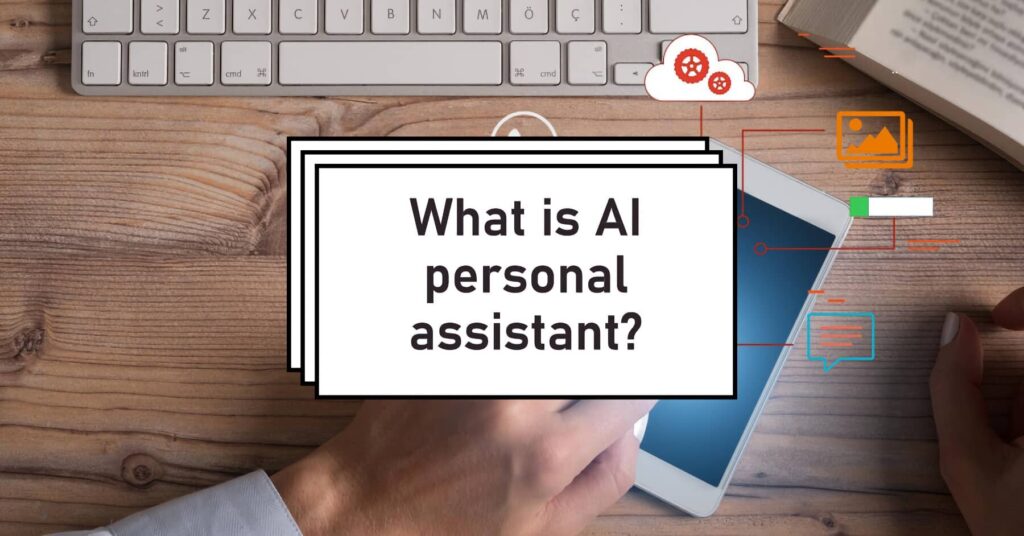AI-enhanced personal assistants are transforming how individuals manage their daily tasks, schedules, and reminders. By leveraging artificial intelligence (AI) technologies, these assistants streamline various aspects of personal and professional life, making them indispensable tools in today’s fast-paced environment.
Overview of AI Personal Assistants
AI personal assistants, often referred to as virtual assistants, utilize natural language processing and machine learning to understand user commands and perform tasks. Popular examples include Siri, Google Assistant, and Amazon Alexa. These assistants can interact through voice or text, providing a conversational interface that simplifies user engagement with technology[2][3].
Key Features and Functions
-
Task Management: AI assistants can efficiently manage personal schedules by setting reminders, scheduling appointments, and sending notifications. They can sync across multiple devices, ensuring users stay organized and informed about upcoming events[4].
-
Smart Home Integration: Many AI assistants are integrated with smart home devices, allowing users to control lighting, temperature, and security systems through voice commands. This integration enhances convenience and comfort in daily living[3].
-
Personalization: Over time, AI assistants learn user preferences, adapting their responses and suggestions to provide a more personalized experience. This capability allows them to anticipate needs and offer relevant recommendations, whether for entertainment, shopping, or daily tasks[3][4].
-
Information Retrieval: These assistants can quickly access information from the internet, answer questions, and provide updates on various topics, from weather forecasts to news headlines. This functionality saves users time and effort in searching for information manually[2][3].
-
Productivity Enhancement: AI assistants can automate routine tasks such as drafting emails, managing to-do lists, and generating reports, thereby increasing overall productivity. They can also assist in travel planning by recommending itineraries and managing bookings[4].
Devices Supporting AI Assistants
AI personal assistants are available on various devices, enhancing their accessibility and functionality:
-
Smart Speakers: Devices like Amazon Echo and Google Home serve as hubs for AI assistants, allowing users to interact hands-free while performing other tasks around the house[2].
-
Smartphones and Tablets: Most smartphones come equipped with built-in AI assistants, enabling users to manage tasks and access information on the go[2][3].
-
Wearable Devices: Smartwatches and fitness trackers often integrate AI assistants, providing users with quick access to notifications and reminders directly on their wrists[4].
Conclusion
The integration of AI technologies into personal assistants has revolutionized how individuals manage their daily lives. By efficiently handling tasks, providing personalized experiences, and enhancing productivity, AI-driven assistants are becoming essential tools in modern living. As these technologies continue to evolve, their capabilities are expected to expand further, making them even more valuable in managing personal and professional responsibilities[1][3].
Further Reading
1. https://www.wired.com/story/fast-forward-tested-next-gen-ai-assistant/
2. 23 Popular AI Assistants | Built In
3. The Rise of AI Powered Personal Assistants in Everyday Life | HP® Tech Takes
4. 8 Best Personal Assistant AI Tools For Enhanced Productivity
5. The Best AI Tools for Executive and Personal Assistants – YouTube


